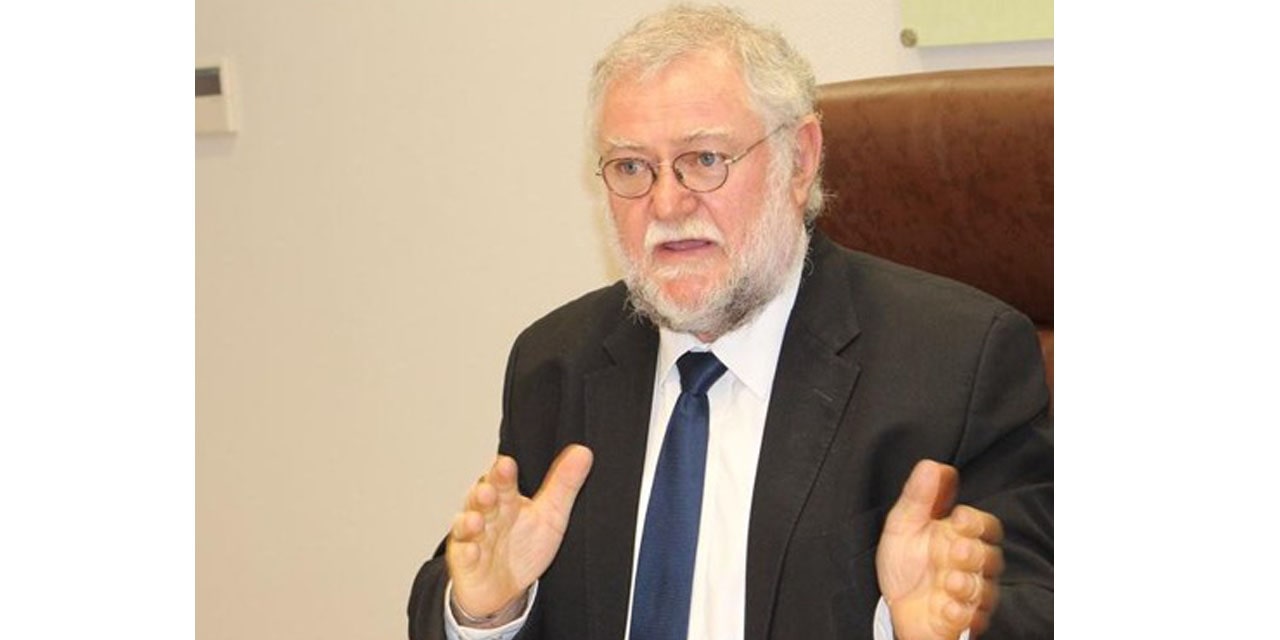Erasmus Shalihaxwe
The Minister of Agriculture, Water and Land Reform, Calle Schlettwein has announced that the government has made progress in updating the Commercial (Agricultural) Land Act and the Communal Land Reform Act.
He said the government has consolidated two following recommendations made during the 2nd National Land Conference in 2018.
The minister was speaking at the national validation to review the final draft of the resettlement criteria on Monday in Windhoek.
‘’These consultations are a clear dedication towards a responsive land reform policy,” he said.
Schlettwein said that, despite delays in drafting, the law is now ready and will be labelled in Parliament in 2025.
The revised resettlement criteria, which are part of the reviewed resettlement policy, have been discussed and reviewed by various groups, including the Land Reform Advisory Commission and regional stakeholders.
“We have invested sufficient time with all our critical stakeholders in consultation, and now it is time to finalise the criteria. The true value of the reviewed resettlement policy and its criteria will be realised only after they are implemented,’’ said Schlettwein.
He explained that once the criteria are finalized and adopted, the ministry will start allocating land using three proposed models.
These are the high economic value model (large-scale farming), moderate economic value model (medium-scale farming), and low economic value model (social welfare economic value model).
He said these models will serve as a guiding tool for allocating land to citizens based on their specific land needs and demands.
‘’Many of us here today lived and/or have experienced colonial subjugation in one way or another, which brought about skewed land distribution, which my ministry is determined to correct until a balanced land redistribution is achieved. It is for this reason that land reform is a high priority in Namibia’s policy landscape,” he said.
Schlettwein stressed that talking about priorities is not enough, they must be properly funded.
“The current rate of funding land reform falls far short of what is needed to implement a meaningful land reform. For a successful implementation of the new resettlement policy, budgetary allocations must be improved significantly in the future,” he said.




